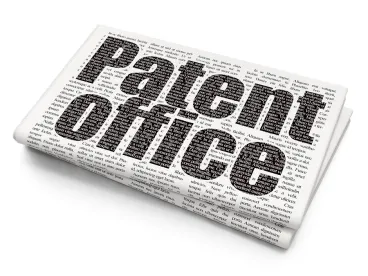Revised Indian Biosimilar Guidelines Expected Soon
According to reports, the Indian Ministry of Health is planning on releasing revised guidelines on the approval of “similar biologics” sometime in February/March 2016. India’s biosimilar guidelines became effective on September 15, 2012. It is believed that the revised guidelines will address a host of items including increased requirements regarding comparability testing with a reference drug product as well as various ethical questions.
U.S. FDA Approves a “Similar” but not a “Biosimilar” version of Lantus®
On December 16, 2015, the U.S. Food and Drug Administration (FDA) announced that it had approved Eli Lilly/Boehringer Ingelheim’s (Lilly) Basaglar® product as the first “follow-on” insulin glargine product for use in improving glycemic control in adult and pediatric patients with type 1 diabetes mellitus and in adults with type 2 diabetes mellitus. Basaglar® is the first insulin product approved through an abbreviated approval pathway under the Federal Food, Drug, and Cosmetic Act. Specifically, Lilly submitted a 505(b)(2) application for Basaglar® that relied, in part, on the FDA’s finding of safety and effectiveness of Sanofi’s Lantus® for its approval. While similar to Lantus®, Basaglr® was not approved as a biosimilar. In contrast, in Europe, on September 9, 2014, the European Medicines Agency approved Lilly’s product as a biosimilar under the brand name Abasaglar (originally approved under the brand name Abasria).
While Basaglar® received tentative approval from the FDA in August 2014, a 30-month hold was placed on its market entry because of a patent infringement dispute with Sanofi which was settled in September 2015.




 />i
/>i

